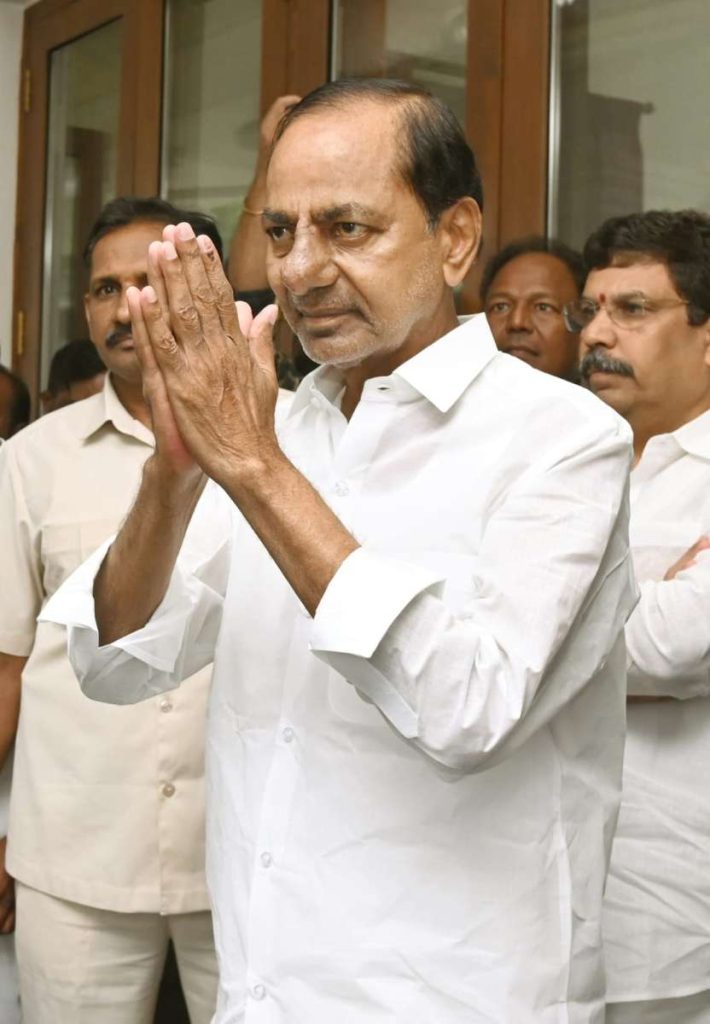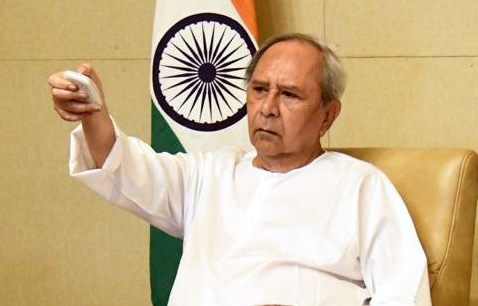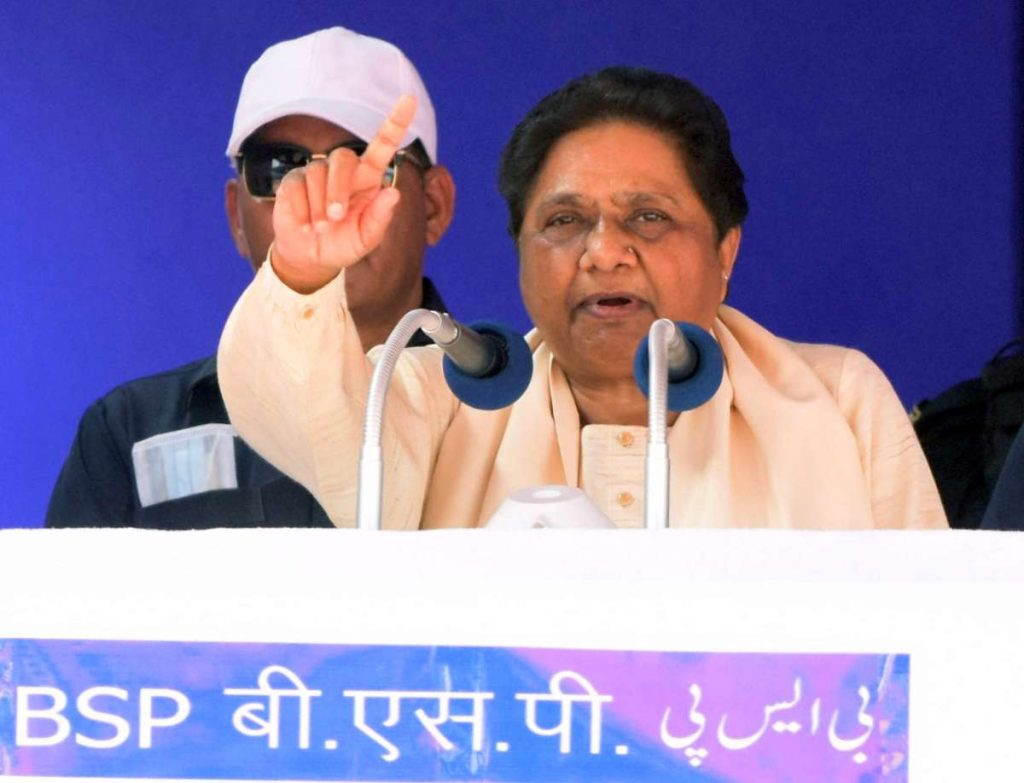Significant among those affected were the BSP in Uttar Pradesh, BRS in Telangana, BJD in Odisha, and YSR Congress Party in Andhra Pradesh…reports Asian Lite News
In the 2024 general elections, coalition politics regained prominence as the contest between the NDA and the INDIA bloc intensified, leading to a notable decline in the fortunes of non-aligned parties.
Significant among those affected were the Bahujan Samaj Party (BSP) in Uttar Pradesh, Bharat Rashtra Samithi (BRS) in Telangana, Biju Janata Dal (BJD) in Odisha, and YSR Congress Party in Andhra Pradesh.
The BSP fielded an impressive 488 candidates nationwide, surpassing even the BJP’s 441 candidates. However, the party failed to secure any seats and garnered only 2.05 percent of the votes. This was a dramatic fall from 2019, when the BSP won 10 seats with a 3.62 percent vote share.
In Odisha, the BJD faced a significant reduction in representation, securing just one Lok Sabha seat compared to the 12 it held in 2019 out of 21 total seats. The party’s vote share also saw a decline, dropping to 1.44 percent from 1.66 percent in the previous elections.
In Andhra Pradesh, the YSR Congress Party experienced a sharp drop in support. The party, which had dominated the state with 22 seats in 2019, was leading in only four seats this time. Its vote share decreased to 2.06 percent from the 2.53 percent it achieved previously.
Telangana’s Bharat Rashtra Samithi (BRS) also saw a significant setback. Despite having spearheaded the state’s formation and winning nine seats in the 2019 Lok Sabha elections with a 1.25 percent vote share, the BRS was not leading in any seats in 2024. Its vote share plummeted to 0.57 percent.

The BJP emerged as the single largest party in the 2024 elections but fell short of the majority mark, highlighting the renewed importance of coalition politics. After 12 hours of vote counting, the BJP secured or was leading in 240 seats, a substantial decrease from the 303 seats it won in 2019 in the 543-member Lok Sabha.
The Congress, a key player in the opposition INDIA alliance, showed significant gains. The party was leading or had won 99 seats, up from 52 in 2019, effectively cutting into the BJP’s strongholds in Rajasthan and Haryana. The broader INDIA bloc, encompassing multiple opposition parties, was winning or leading in over 200 seats.

BSP sinks, Bhim Army leader rises
The Bahujan Samaj Party has sunk and a new Dalit leader has risen in the Lok Sabha elections in Uttar Pradesh.
This is the biggest takeaway of these elections from the state.
Bahujan Samaj Party (BSP) has failed to win even a single seat in Uttar Pradesh while Chandrashekhar of Aazad Samaj Party (Kanshi Ram) and founder of Bhim Party was leading massively in the Nagina seat without any support from any political party or leader.
His victory with a margin of over one lakh votes in Nagina, a reserved seat, signifies a clear shift in Dalit votes. The BSP had also fielded its candidate in Nagina and Akash Anand, when he campaigned there, targeted Chandrashekhar and warned his voters to beware of ‘woh aadmi’.
Chandrashekhar fought a lonely battle but he was confident of his victory. “All parties have positioned themselves against me but the people are with me and I am confident of their support,” he said two days ago.
“I do not need any star campaigners because my stars are my voters. They know I will always be there for them and that is what matters in the end,” he had said.

Though Chandrashekhar carefully avoided any criticism of Mayawati, he ensured that the voters realised the difference between the two.
A Bhim Army supporter explained, “Chandrashekhar has always made sure to visit every Dalit home where any member has been targeted — whether it is in Hathras, Kanpur Dehat, Lakhimpur or any other place. His team runs schools for Dalit children in various cities in western UP and he even extends legal help to affected families. Mayawati has never bothered to reach out to families who suffer. People, especially youth, in our community are slowly gravitating towards the Bhim Army, also known as the Azad Samaj Party.”
Buoyed up by its leader’s victory in Nagina, the Bhim Army now plans to build up its organisation across the state.
“Yes, we are planning to strengthen the party organisation and prepare for the Assembly elections,” said a Bhim Party leader.
As per the Election Commission data, Chandrashekhar was leading with a margin of 1,45,053 over his nearest rival, BJP’s Om Kumar.
Chandrashekhar polled 4,91,045 votes while the BSP’s Surendra Pal Singh secured 12,864 votes so far.
ALSO READ: World media covers India’s election results

